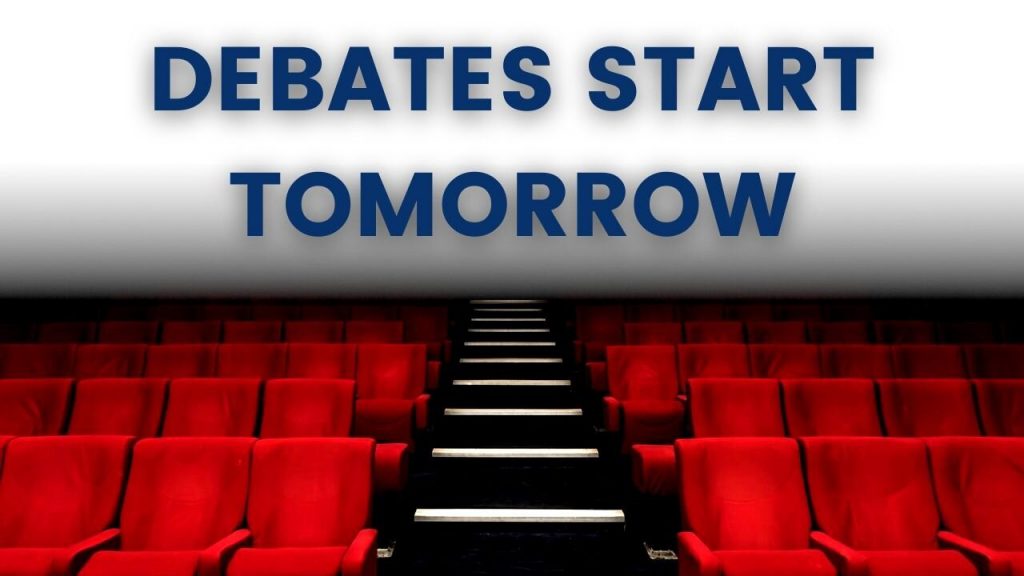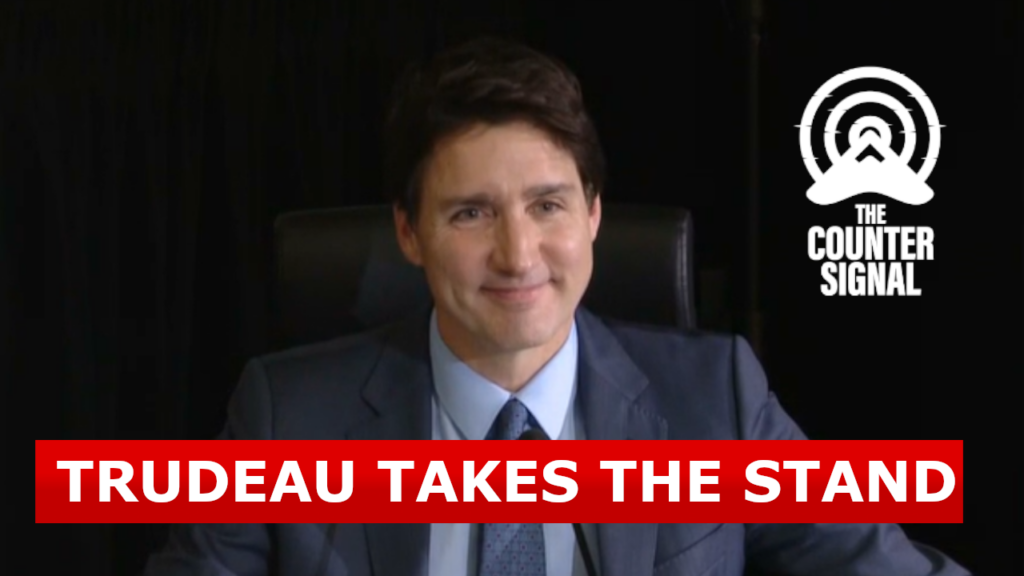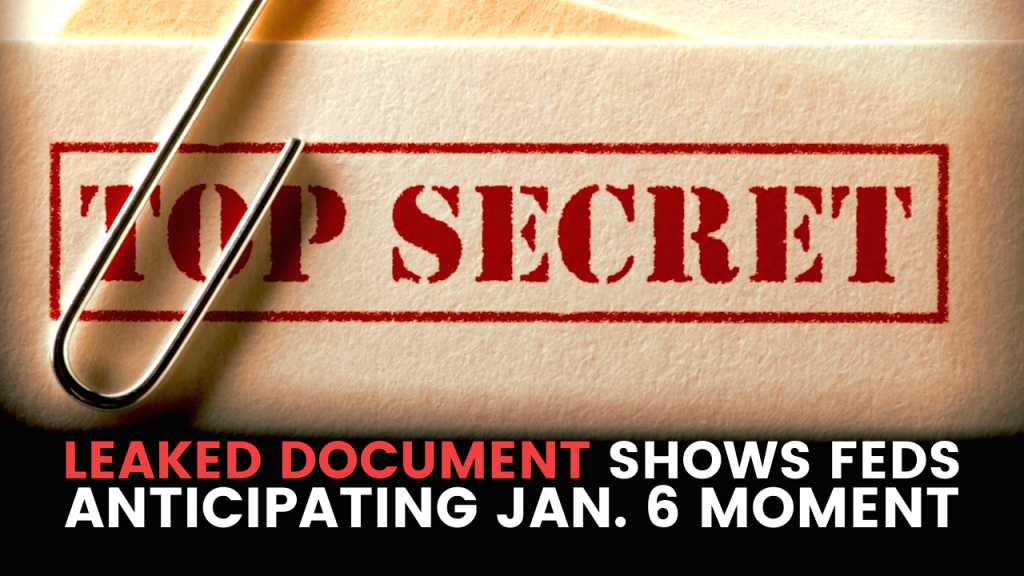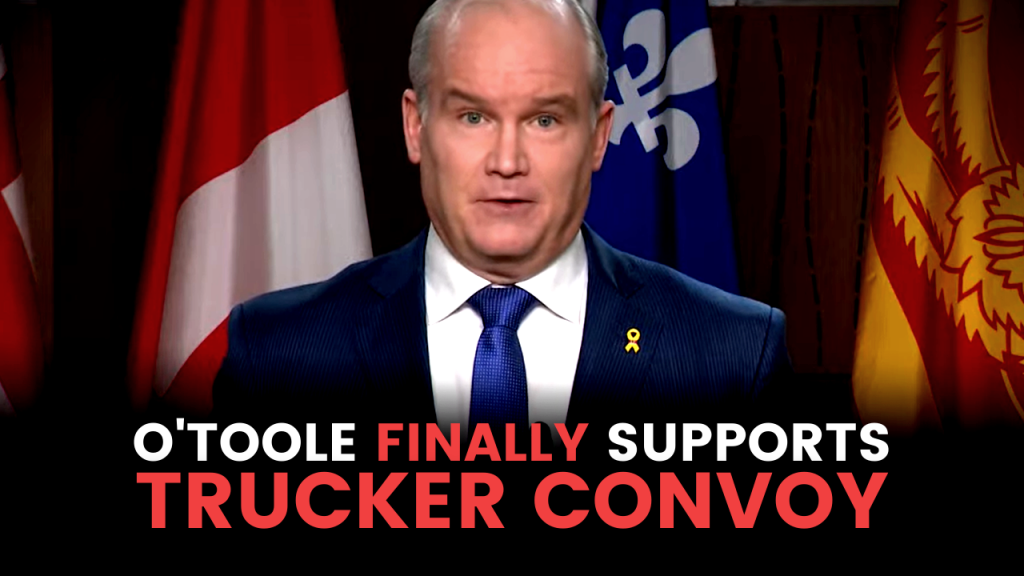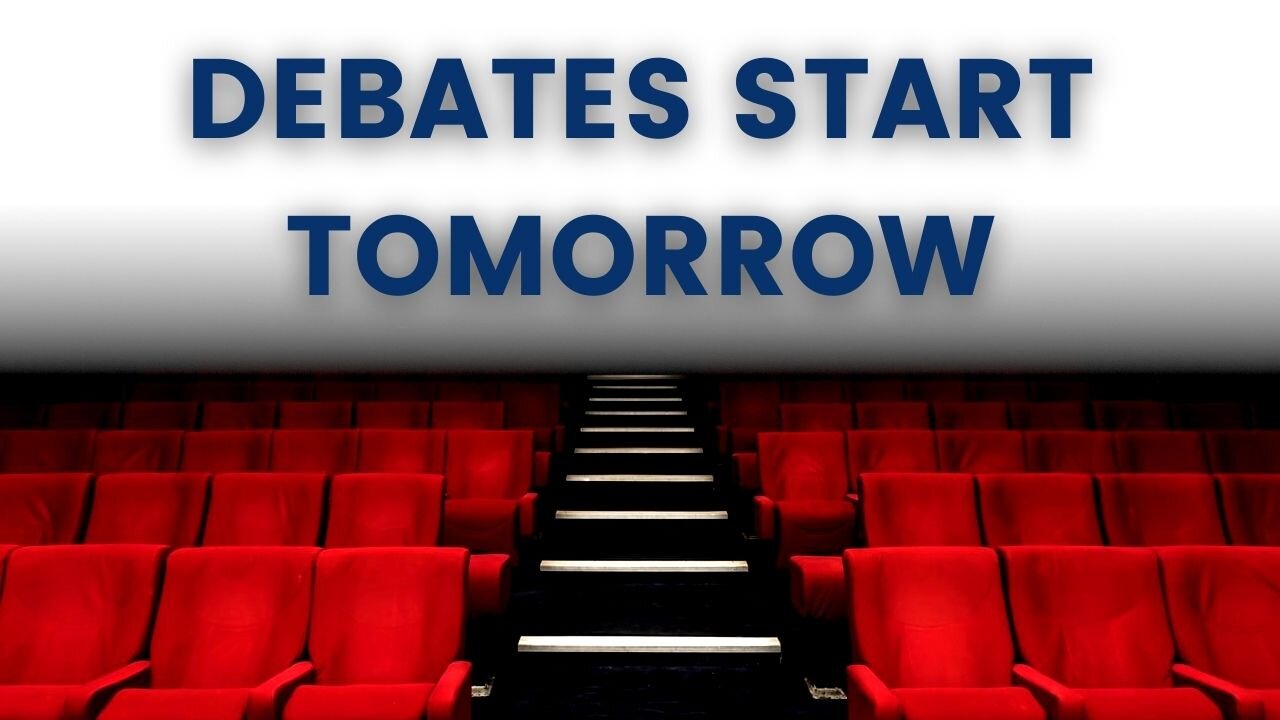
Election debates are all set to begin tomorrow; however, some media outlets on the right have been barred from reporting live over their political beliefs.
The first debate will be from 8 p.m. to 10 p.m. ET on September 8. This debate will be entirely in the French language, while the English-language debate will be between 9 p.m. to 11 p.m. ET the following day.
Notably absent from both will be People’s Party of Canada (PPC) Leader Maxime Bernier, despite his party arguably having more steam behind them than the Green Party this year and being the only party outright running on a pro-freedom, anti-lockdown platform.
The Leader’s Debates Commission rendered their decision in late August after finishing their calculations in national support from the 2019 elections. Unfortunately for Bernier, the Leaders’ Debates Commission calculated the PPC’s national support at 3.27 per cent, just short of the 4 per cent threshold.
At the time, Bernier said that he was not surprised by the Commission’s decision.
“I do not blame the Commission, whose criteria were clear and objective,” Bernier said in a statement. “Rather, I blame the political establishment cartel, which refuses to debate crucial issues we raise and has done everything to marginalize us since the founding of the PPC.”
My reaction to being excluded from the Leaders’ Debates: Debate or no debate, you will keep hearing from us!#VotePPC pic.twitter.com/gOrKt3WEtN
— Maxime Bernier (@MaximeBernier) August 21, 2021
With that said, even Liberal outlets like the Star, which conducted polls via Vox Pop Labs, now have the PPC at 4.5 per cent support nationally, while the Green Party trails at 3.4 per cent nationally.
Most people just notice the CON/LIB switch and aren't seeing what is happening at the bottom. The PPC (a party with no seats currently) has been steadily gaining for the last two months. pic.twitter.com/3m1LrmrOiS
— Keean Bexte (@TheRealKeean) September 6, 2021
Therefore, as the PPC’s popularity has been rising steadily, the Commission may have ruled differently had they used recent data. Moreover, the debates surely would have been more diverse in their breadth of opinion had it been the case.
Additionally, another notable difference this year will be the new Green Party Leader Annamie Paul, who now reigns over a crumbling, disjointed party following the departure announcement of Elizabeth May.
She will also be the only Party Leader on the debate stage who is not a federally elected member of parliament. However, her background as a lawyer and activist will likely aid her efforts to stand out amongst the crowd.
However, beyond the cast of the debates, something else will be different this year: who is allowed to cover the debates live.
One week ago, the Leaders’ Debate Commission decided to officially bar The Counter Signal and Keean Bexte specifically from reporting from the debate live and asking candidates questions, despite Bexte having been allowed to do so during the 2019 debates.
According to David Johnston, the new commissioner, handpicked by PM Justin Trudeau, this decision resulted from new “high journalistic standards” that the Commission just implemented.
“Under the Order in Council, the overarching objective behind this media accreditation process is to ensure “high journalistic standards,” the decision read.
“In denying the applicant’s accreditation, I have considered that the impacts on the applicant’s freedom of expression are outweighed by the salutary effects of the Commission carrying out its mandate. I recognize that the applicant will be precluded from asking direct questions to the leaders who participate in the debates.
“In particular, the Commission has interpreted high journalistic standards to mean that journalists should not have a conflict of interest in the story that they are covering.”
By a conflict of interest, the Commission really means disagreeing with the mainstream narrative and may ask questions that Trudeau would rather avoid — i.e., the only questions that matter.
Similarly, the Commission recently banned eleven journalists from Rebel News, with the Commission waiting until just before the debates to release their decision to and hamstring any efforts to reverse the decision.
“[Trudeau’s] being sneaky about it, too,” Rebel News founder Ezra Levant wrote. “[His] staff waited till the last possible moment to tell us we were banned, so we had the least possible time to react. We had to scramble right before the long weekend.”
This decision was likely made at the last minute to prevent a repeat of 2019 when they barred Rebel News, but Rebel News had time to mount a legal challenge and reverse the decision.
As Levant explains, “Trudeau banned us in the 2019 election, and we rushed to court then, too.
“And the Federal Court agreed with us — issuing an emergency injunction forcing Trudeau to let our journalists in.
“It was a great victory for free speech and a tremendous rebuke to Trudeau’s increasingly authoritarian style. But Trudeau doesn’t think the rules apply to him, so he’s doing it again.”
Nonetheless, such dubious efforts are being challenged today. Rebel News has its day in court, following the Federal Court of Canada granting the media outlet a 3-hour emergency hearing to reverse the decision.
Last time, the Court ruled in favour of Levant, and he is confident they will do so again.
So far, only right-wing media outlets appear to be the ones barred from covering the debates live — if this happened to left-wing sources, we would never hear the end of it.
Regardless, The Counter Signal will trudge on and cover the debates to the best of our abilities — discriminated against or otherwise.
